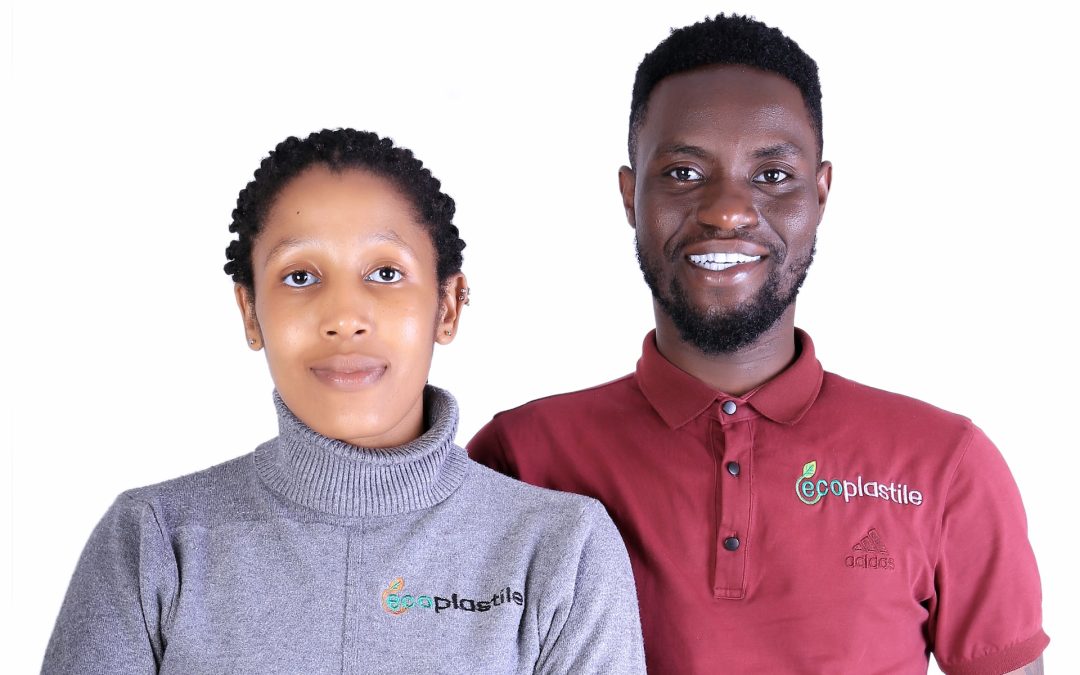
ECOPLASTILE: on a mission to revolutionize the industry of recycled building materials
Ecoplastile Limited, founded by Franc Kamugyisha, is a startup that aims to solve the problem of plastic waste management in Uganda. Ecoplastile was founded in 2020 to address the plastic and housing crisis in the country by using recycled plastic to create innovative and sustainable building materials. With a team composed of eight key members, including Dr. Fabio Huether as Chief R&D Officer, Gerevazio Ahimbisibwe as Chief Financial Consultant and Mildred Nahurira as Head of People & Culture.
But what sparked the idea for this startup?
“My inspiration dates back to childhood when we had to dispose of waste in nearby trenches early in the morning or late at night because we couldn’t afford waste collection services” – says Franc, founder of Ecoplastile.
After working in the construction industry for five years, Franc closely observed the cost, performance, and safety of construction materials as the country struggled with more than 600 metric tons of plastic waste per day, of which only 6% was recycled.
“According to the United Nations Environment Program, every minute, the equivalent of one garbage truck of plastic is dumped into our ocean. Africa’s recycling rate is 4%, compared to 32% in America and 48% in Europe”.
Being an entrepreneur in Uganda means navigating in a dynamic and often challenging environment: “It requires identifying opportunities and innovating to solve local problems despite various hurdles. With fewer peers to learn from, personal motivation is crucial. For many, entrepreneurship here is driven by necessity”– affirms Franc that lists sales and distribution as the main challenges for his business, as well as the search for raw materials, which cause significant operational difficulties.
Ecoplastile is generating a significant social impact, “empowering micro, small and medium African enterprises, along with their million clients, to monetize recyclable materials and get access to products and services climatically resilient”.
Franc’s goal is to close the loop on 1 billion tons of recycled materials per year, to decarbonize 100 million homes and to eliminate 1.5 billion tons of carbon emissions by 2030. “We’re introducing two new hardware products: the Dump Proof Membrane (DPM), made entirely from 100% recycled plastics, projected to contribute 15% to our operations by 2030, and post-consumer recycled plastics (rPlastics), in high demand among consumer plastic packaging brands like Unilever, expected to account for 25% of our operations by 2030”.
Through initiatives like the Next Generation Africa program, Ecoplastile has gained invaluable mentorship and guidance, propelling its growth and impact. With ambitious goals to close the recycling loop, decarbonize homes, and eliminate carbon emissions, Ecoplastile is poised to make significant strides towards a more sustainable future, one recycled plastic brick at a time.
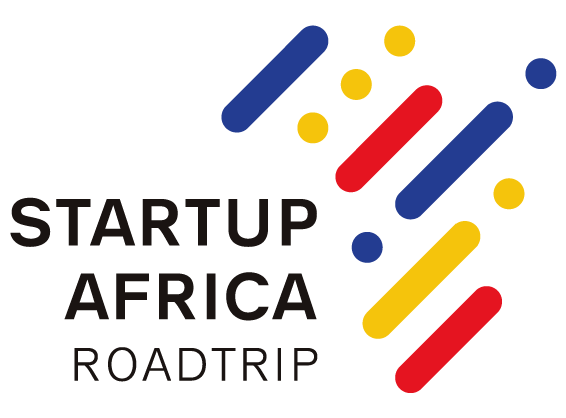
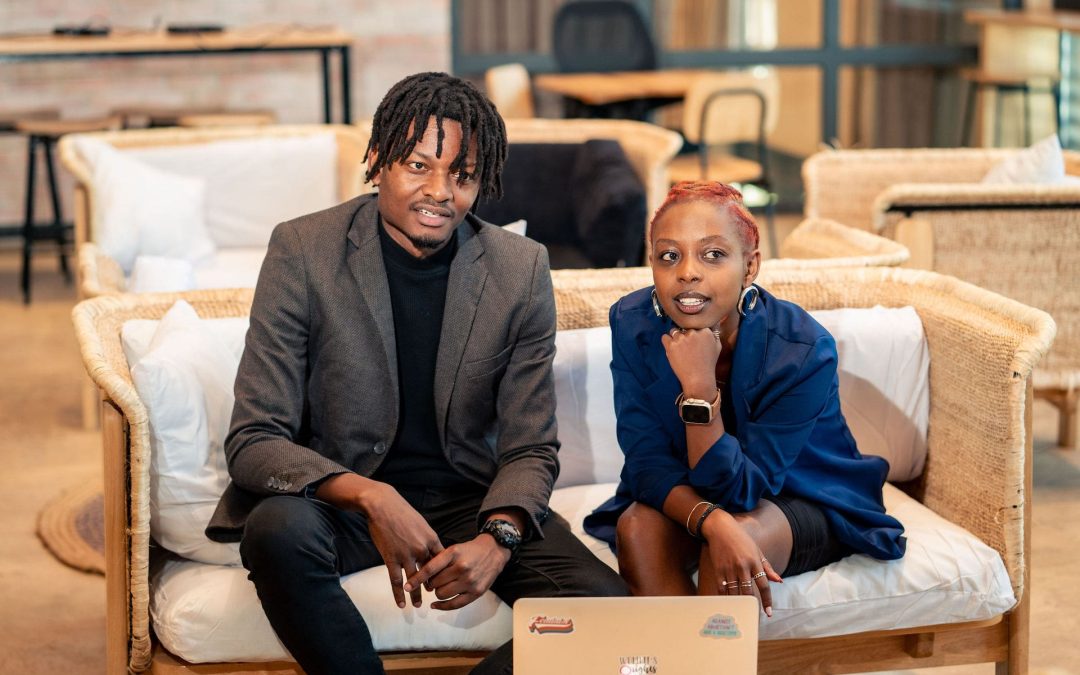
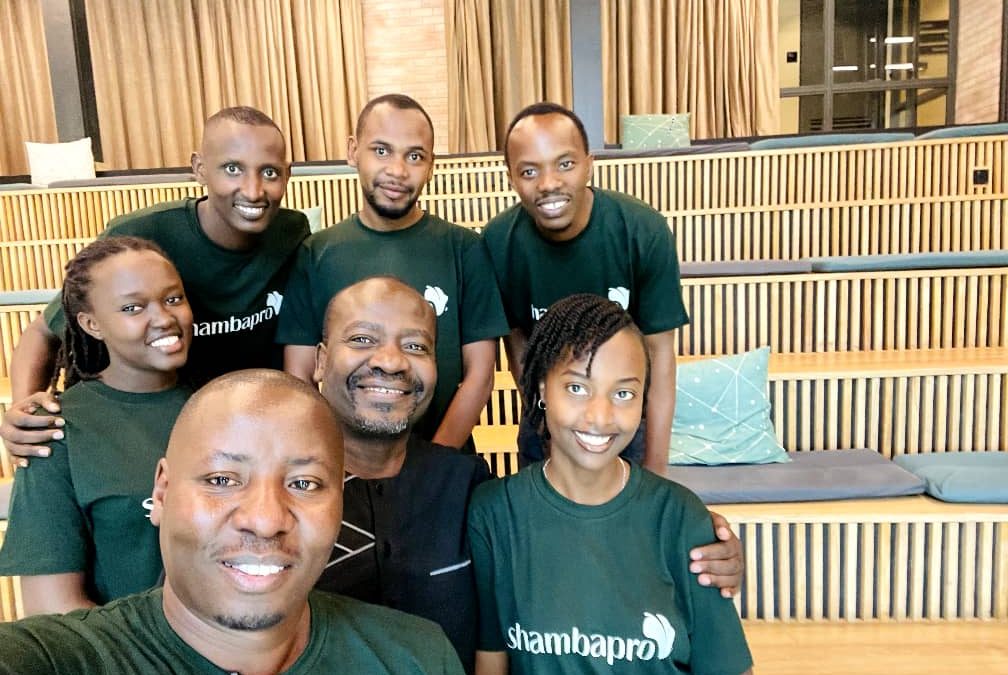
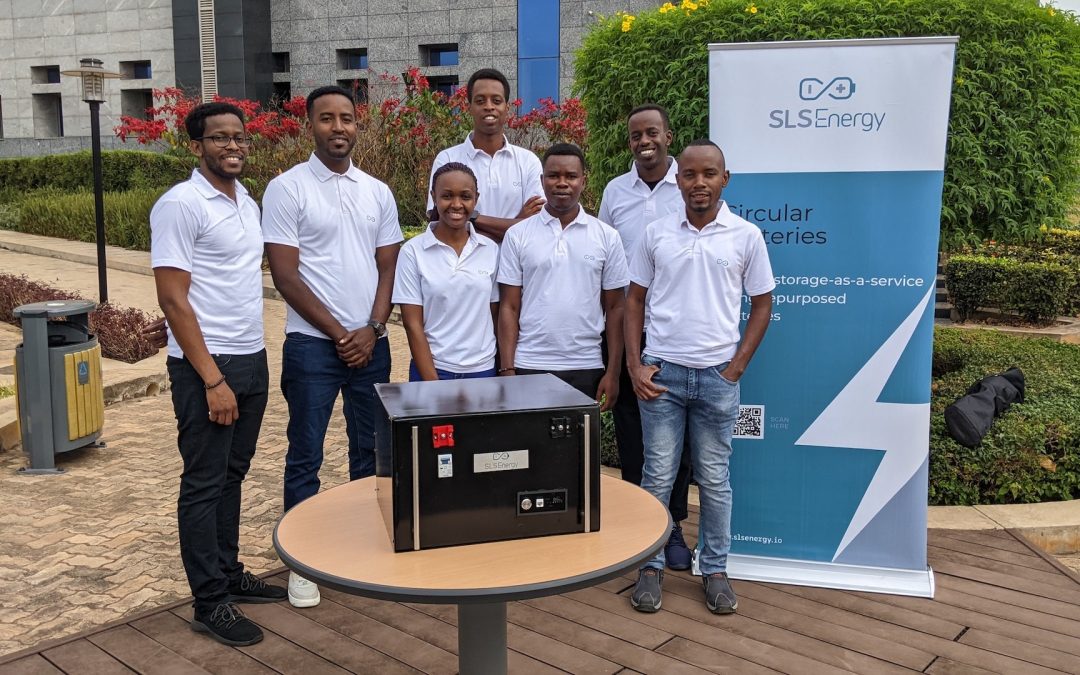
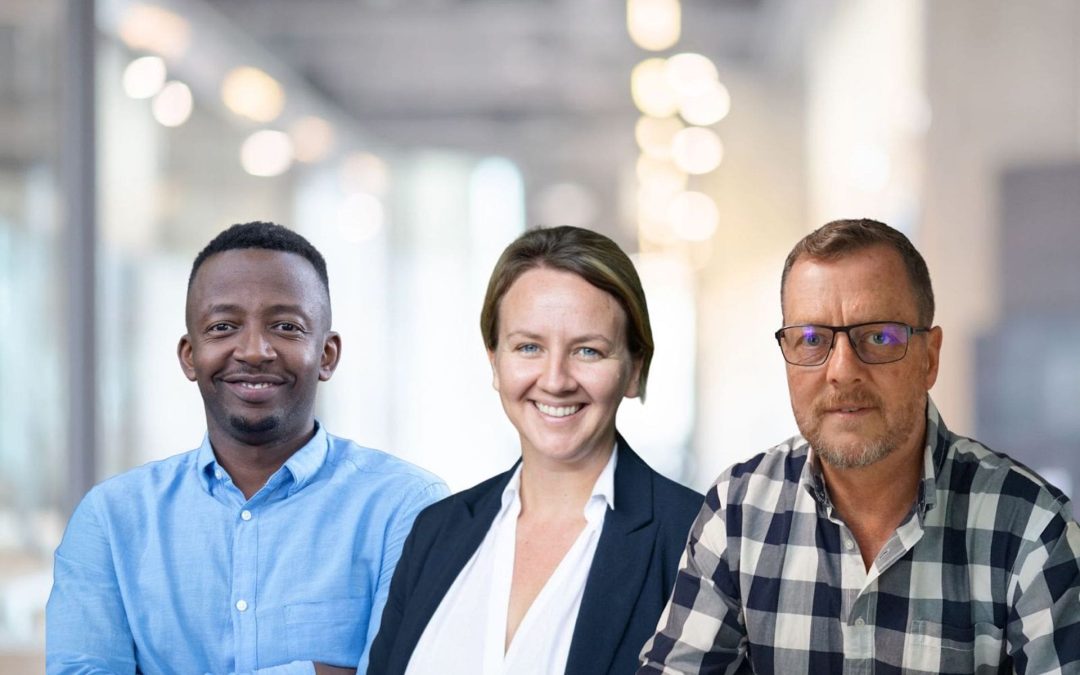
Recent Comments